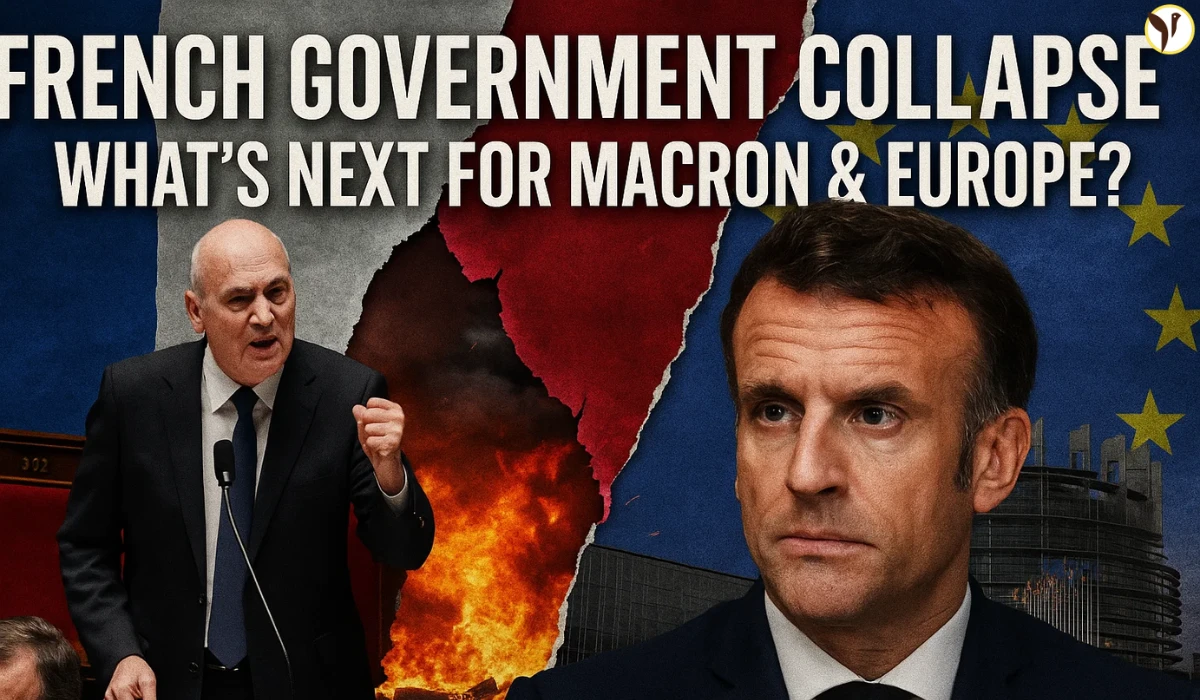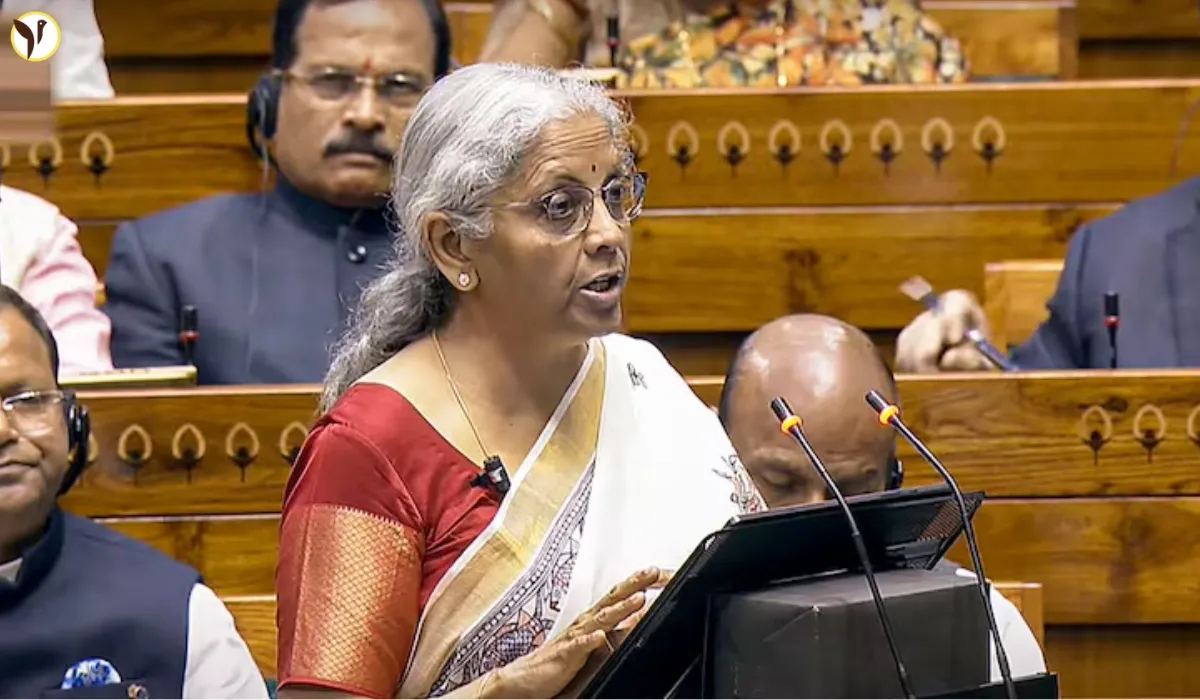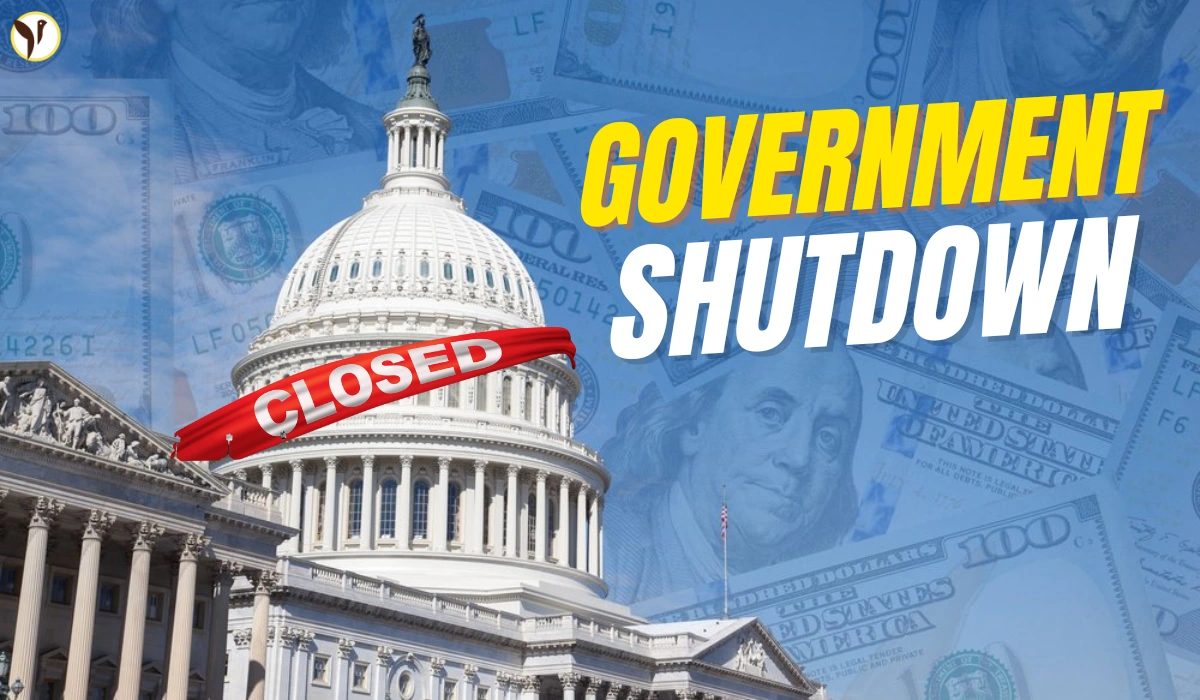Paris has once again supplied the setting for a European political drama. On September 8, 2025, the French National Assembly voted against Prime Minister François Bayrou 364 to 194—they toppled his government less than nine months after he took charge. This is not merely another parliamentary setback it is a spectacular historic moment informing us just how precarious French politics can be and the pressing questions for Emmanuel Macron, for the European Union, and for the everyday lives of the French.
For me as a journalist approaching this story it seems material far beyond a headline. It is about real people—workers, fretting over their abilities to keep a job, students nervous about rising costs, pensioners now holding their breath waiting to see how much future adequacy has vanished into the discussions around austerity and power.
This report explains how the government collapsed, and what impacts this has both for Macron, and how it could play out in Europe as a whole.
Why Did The French Government Collapse?
Prime minister François Bayrou a centrist and an ally of Macron for many years, announced a tough, €44 billion austerity package designed to combat France’s skyrocketing debt. He thought it was necessary to cement France’s economic future and comply with EU fiscal regulations.
The gamble failed. Opposition parties—from left to right—would not accept the cuts, claiming they unfairly targeted ordinary citizens. Some centrist MPs even held off until the vote. The result was savage: a no-confidence vote got approved, leading to Bayrou’s government crashing.
Breakdown Of The No-Confidence Vote (September 2025)
|
|
|
|
|
|
|
|
|
|
|
|
The numbers tell a clear story: Bayrou lost not only political opponents but also the confidence of lawmakers who once supported him.
Macron’s Immediate Challenge
President Emmanuel Macron has a constitutional obligation before him: to accept Bayrou’s resignation and appoint a new prime minister. However, this is much easier said than done.
The National Assembly is in a mess. No party enjoys a clear majority.
Opposition leaders like Marine Le Pen are calling for new elections.
The public is wearied by ongoing protests, economic hardship, and political instability.
Macron is seeking to avoid a snap election because polls indicate that his centrist alliance would struggle, paving the way for right or far-right parties instated in power.
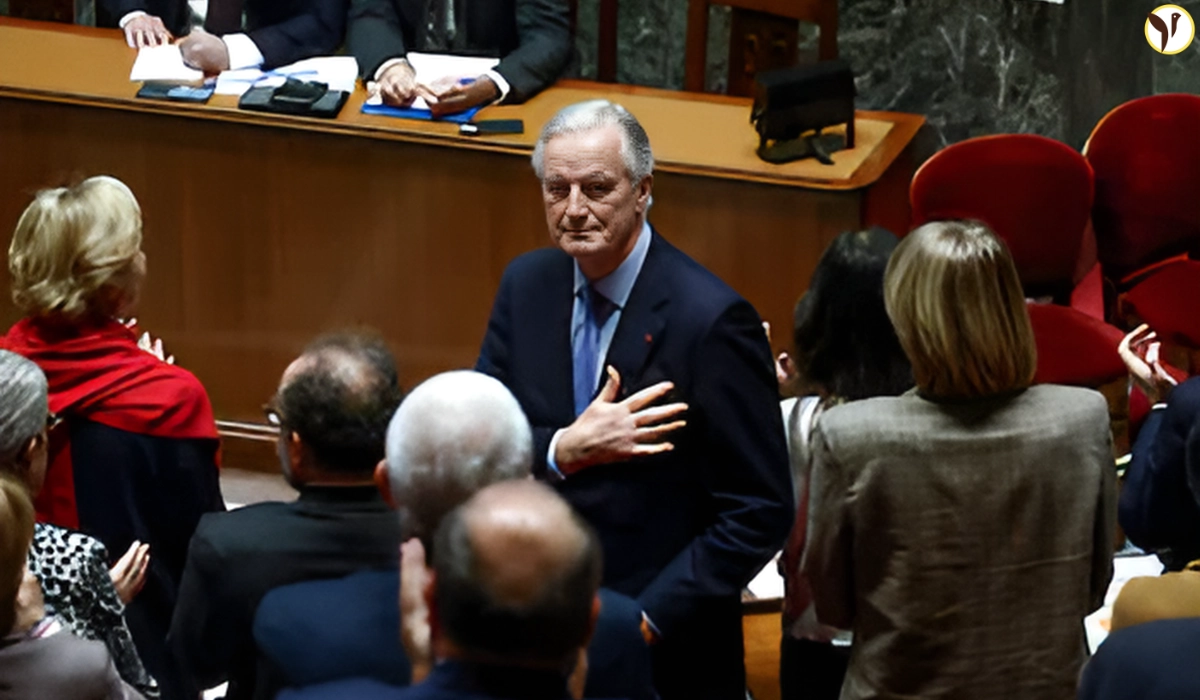
What’s Next For Macron?
The choices available to Macron are limited, but significant:
Appoint a New Prime Minister - He may appoint a technocrat or compromise candidate who can survive until 2027 when Macron will complete his own presidential term.
Call Snap Elections - Risky given polling showing significant gains by Marine Le Pen’s National Rally and Jean-Luc Mélenchon’s leftist alliance.
Coalition Government- unlikely, but possible if Macron has goodwill, negotiating skills and skill to bring independent and progressive members together.
Macron’s Options And Risks
|
|
|
|
|
|
|
|
|
|
|
|
|
|
|
|
Human Angle – Voices From France
For a lot of people in France, this collapse is not simply a (big) numbers game.
Workers are worried about job cuts coming from austerity.
Students' worry over tuition and living expenses.
Retirees who are protesting cuts to pension and benefits.
A Paris taxi driver standing outside the Assembly said: "There are arguments for billions, and we worry about how to pay rent. Who cares about us?"
This gap between their (leaders' and citizens') emotions is why all crises are much more personal in France.
Emmanuel Macron will appoint a new prime minister “in the next few days”, the Elysée Palace has said, ruling out snap elections to solve France’s political crisis?? https://t.co/UvyqgCuB48
— Bob For A Full Brexit (@boblister_poole) September 9, 2025
Impact On Europe
France is the second-largest economy in the EU. Instability in Paris sends waves through Brussels, Berlin, and the rest of the world.
Markets: Investors are anxious over French debt and bonds.
European Union: The weakened French government could affect EU decision-making on Ukraine, migration, and energy policy.
Germany-France Partnership: With Berlin already reeling after the economic slowdown, Europe’s unequivocal power axis looks fragile.
A senior EU diplomat told reporters: “When France sneezes, Europe catches a cold.”
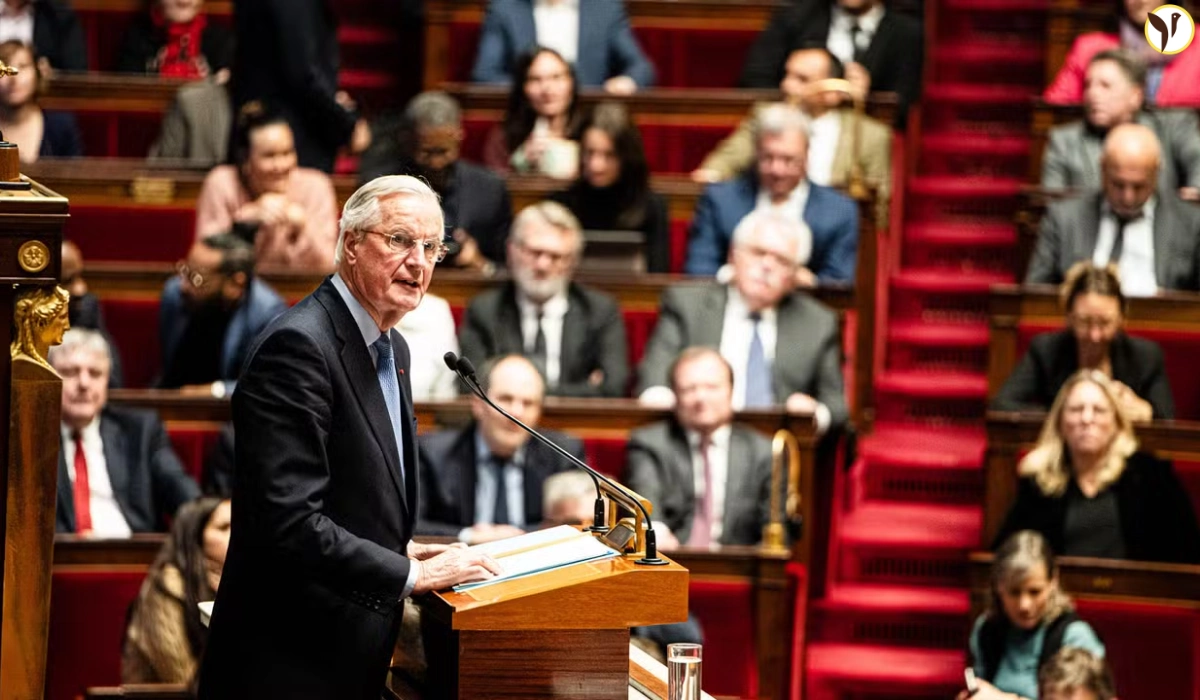
Macron’s Declining Power
Macron was once seen as Europe’s centrist saviour, but today he appears weakened:
His reforms are consistently blocked.
His popularity is in decline.
He runs the risk of being a “lame-duck president” two years before his term ends.
This is significant because France’s leadership role in Europe is predicated directly on Macron’s control of his own parliament.
